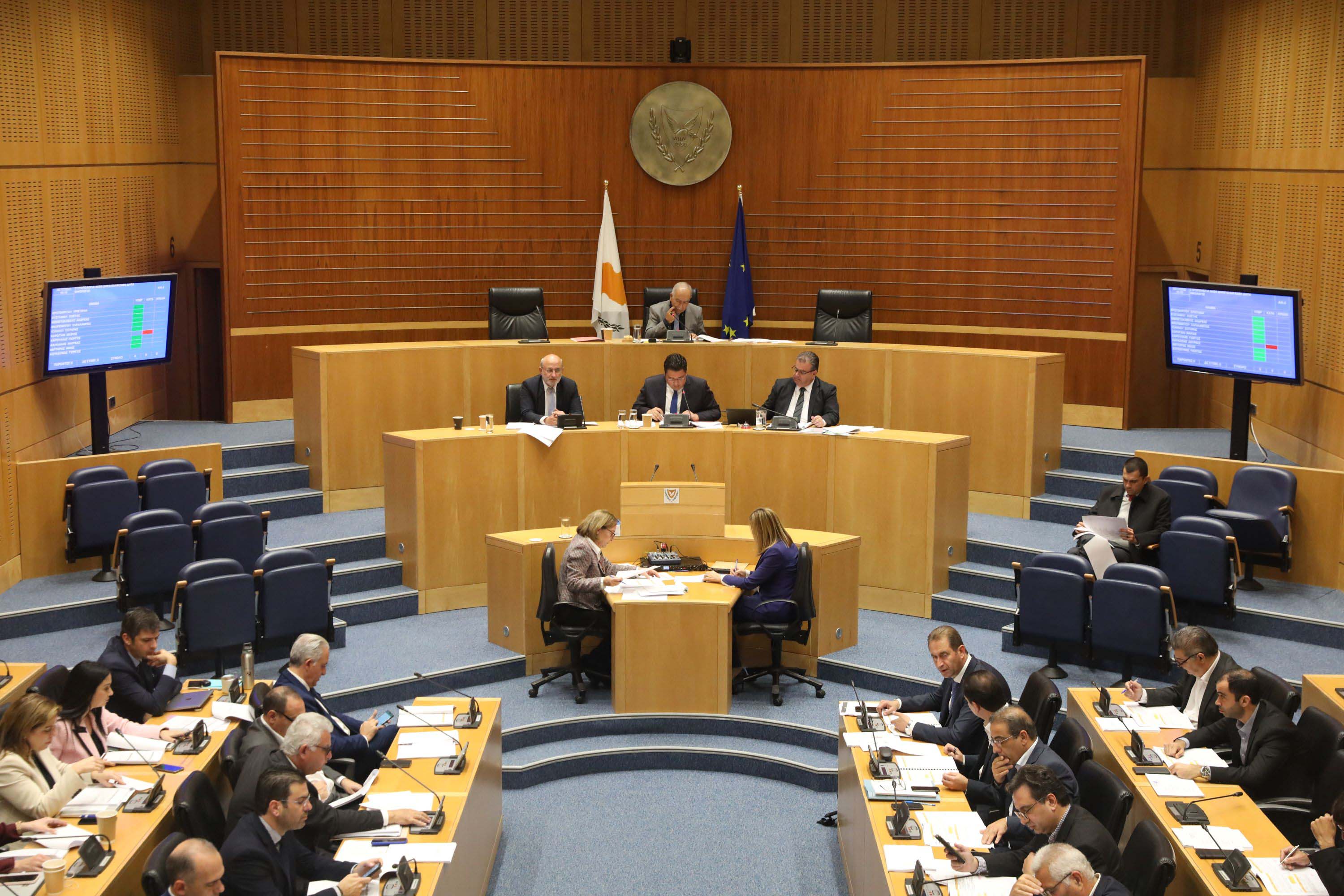In a special session held on Thursday, the House accepted in part the president’s referral back to it of a law relating to how legal entities collect royalties for copyright.
Having considered some of the president’s objections, parliament agreed to amend certain clauses of the law it had passed on July 11 – the last regular session before the summer recess. President Nikos Christodoulides had refused to sign off on the law and sent it back to parliament. His objections related to the constitutionality of certain provisions.
Parliament has a limited time in which to respond to a president’s referral of a law – which is why it held the extraordinary session on Thursday. Otherwise the law would have lapsed and become null and void.
The legislation in question seeks to regulate how legal entities collect royalties for intellectual property, a situation which MPs considered slanted against artists.
One of its provisions stipulated that such entities are obligated to inform the state whenever they hold a general assembly. This was challenged by the president. Parliament has now agreed to amend the clause, so that these entities need only publicise an upcoming general assembly.
In her remarks on the House floor, Akel MP Irini Charalambidou spoke of a prior state of “impunity” where royalty collection companies would keep most of the funds for themselves.
The law introduces regulations to force these entities to pay out to artists their fair share.
The president had also referred three other laws passed recently by the House, including one pertaining to the Solidarity Fund that provides partial restitution for those whose savings suffered a ‘haircut’ in the 2013 banking crisis.
These other three laws, however, were referred by the president directly to the supreme constitutional court.







Click here to change your cookie preferences